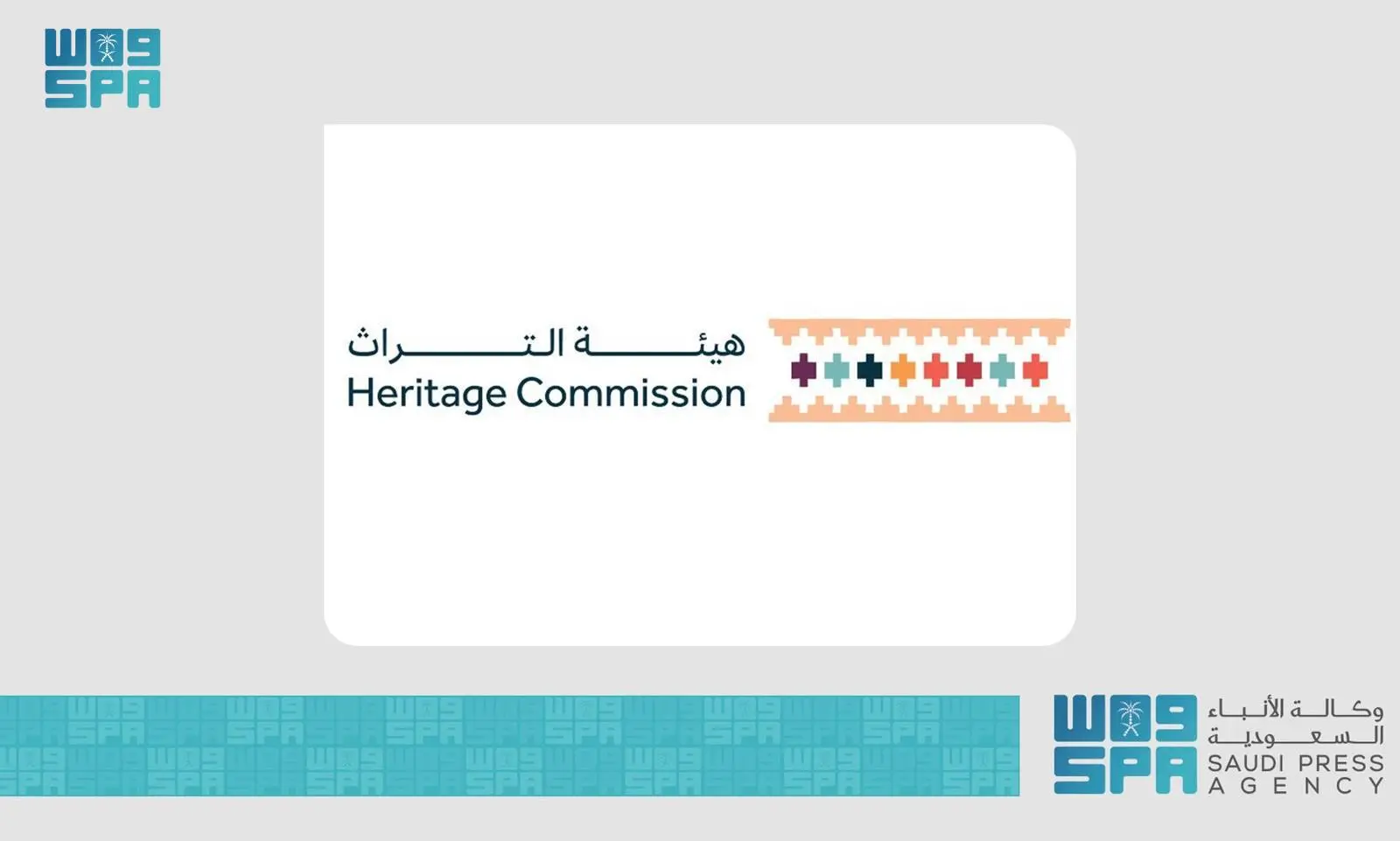

The Heritage Authority, in international cooperation, concludes the fourth workshop on “Hajj Routes...Darb Zubaida” sites.
The Heritage Authority, in cooperation with the Arab Regional Center for World Heritage in Bahrain, and the Iraqi General Authority for Antiquities and Heritage, concluded the fourth workshop to prepare a plan for managing the “Hajj Routes...Darb Zubaydah” heritage sites, which began last Sunday in the Hail region, in order to discuss the plan for managing sites extending from Najaf Governorate. In the Republic of Iraq to the Makkah Al-Mukarramah region in the Kingdom.
Hail was chosen to hold this workshop because it hosts one of the most important stations on the Hajj route, the “Fayd” archaeological site, which represents great historical value in the Hail region as a major stop for pilgrims and trade in the early eras of Islam, and its ruins still remain today.
The workshop aims to build capabilities in the areas of managing and protecting heritage sites, exchange experiences between the Saudi and Iraqi teams, and benefit from the experiences of the Regional Center in capacity building, in addition to working to benefit from the experiences of the Regional Center in best practices related to cross-border sites.
The workshop was opened on its first day in the presence of a number of specialists in the fields of heritage and archaeology from the Kingdom and Iraq. The workshop program was launched with a virtual session with the CEO of the Heritage Authority, the President of the Iraqi General Authority for Antiquities and Heritage, and the Acting Director of the Arab Regional Center for World Heritage. It also witnessed the presence of the Undersecretary of the Emirate of Hail Region, the CEO of the Hail Region Development Authority, and a number of representatives of government agencies in the region, where these agencies participated in a dialogue session discussing their role in supporting World Heritage sites in the region.
During their attendance at the workshop, the participants made a field visit to the historic city of Faid, which contains several archaeological sites and heritage finds on the ancient pilgrimage route, Darb Zubaida, in order to learn about methods for activating the sites and visitor centers.
The Heritage Authority built its work in this workshop on what was accomplished in previous workshops regarding legal protection mechanisms, developing site boundaries, and integrating sustainable development goals into management and protection processes, at a time when cross-border sites come as sequential properties consisting of two or more parts, and reflect the value of Exceptional universality overall.
The workshop comes within the framework of capacity building in the fields of managing and protecting World Heritage sites, including mechanisms for monitoring, identifying and building relationships with the sites-related entities, which form a multi-level structure consisting of public and private entities, locally, regionally and internationally.
The Heritage Authority continues to support ways of cooperation and exchange of experiences with its brothers in the Regional Center in Bahrain, and in the Iraqi General Authority for Antiquities and Heritage, anticipating a future full of joint successes. The Ministry of Culture also reflects the promotion of international cultural exchange as one of its strategic goals, under the umbrella of the Kingdom’s Vision 2030.